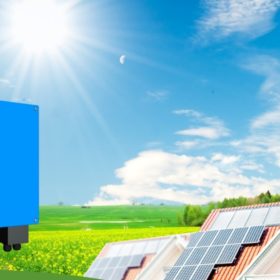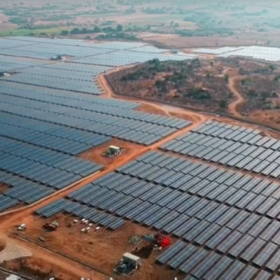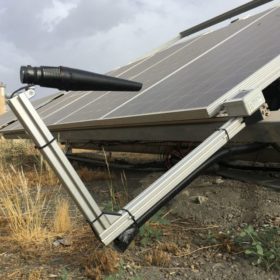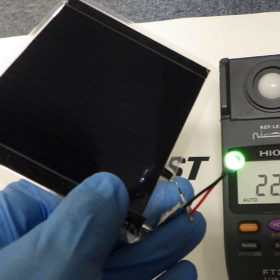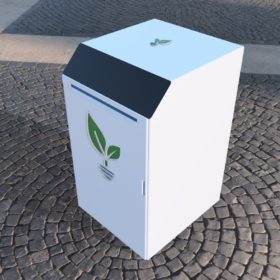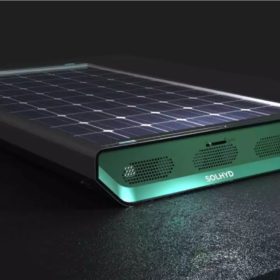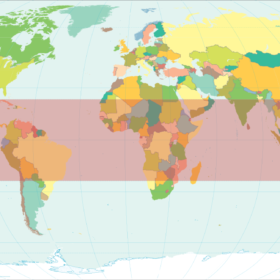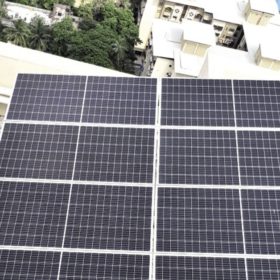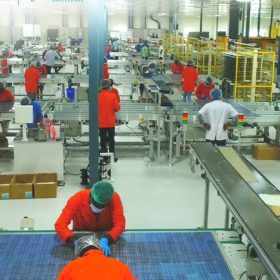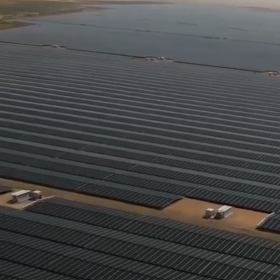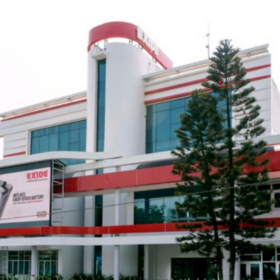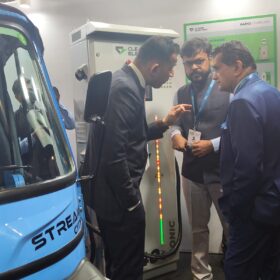Poweron unveils new hybrid inverters for residential solar
The Indian manufacturer has introduced wall-mount hybrid solar inverters with nominal power ratings of 3.68 kW, 4.6 kW and 5 kW. The inverters are compatible with both lead-acid and Li-ion battery.
India added 3.3 GW of solar in Q3 2022
India installed 3,338 MW of new solar power capacity in the three months ending September. This included 2,602 MW from utility-scale solar, 485 MW rooftop, and 251 MW off-grid installations
“Commercial rooftop solar is growing by leaps and bounds”
Panasonic Life Solutions India provides “Made-in-India” solar modules and high-quality solar EPC solutions for commercial and industrial consumers. Targeting an increased share of the Indian rooftop PV market, it plans to include solar-plus-storage solutions for industrial consumers and residential solar kits in its offerings. Amit Barve, business unit head of solar at Panasonic Life Solutions India, speaks to pv magazine about the Indian market and their plans for future growth.
Novel soiling loss measurement system for PV installations
An international research group has developed new technology to measure soiling losses in PV installations, by using a simple pocket light. They said the new system offers similar performance to their reference devices.
Roadmap to achieve CIGS solar modules with efficiencies above 20%
Japanese scientists have described the steps that need to be taken to improve the average efficiency of CIGS solar modules, from around 18.5% at present to more than 20%. They presented all of the critical technical factors that are currently holding the tech back from broader market adoption.
US battery maker unveils solid-state storage systems for residential applications
Amptricity has emerged from stealth mode with plans to manufacture solid-state batteries for residential and commercial installations.
Hydrogen-producing rooftop solar panels nearing commercialization
KU Leuven researchers have developed rooftop panels that capture both solar power and water from the air. Like traditional PV modules, hydrogen panels are also connected, but via gas tubes instead of electric cables. The researchers are now preparing to bring the tech to the mass market via a spinoff company.
GEAPP, ISA sign $10 million grant agreement to boost solar deployment
The Global Energy Alliance for People and Planet (GEAPP) has signed a $10 million grant agreement with the International Solar Alliance (ISA) to boost the deployment of solar energy in developing countries.
India saved $4.2 billion in fossil fuel costs due to solar generation in H1
A new report says solar generation helped seven Asian countries avoid $34 billion in fossil fuel costs in the first half of 2022. The majority of these savings were in China ($21 billion). Japan avoided $5.6 billion in fossil fuel costs and India saved $4.2 billion.
Mahindra & Mahindra forms a new solar subsidiary
Mahindra & Mahindra has incorporated Emergent Solren as a wholly-owned subsidiary of its arm Mahindra Holdings.
